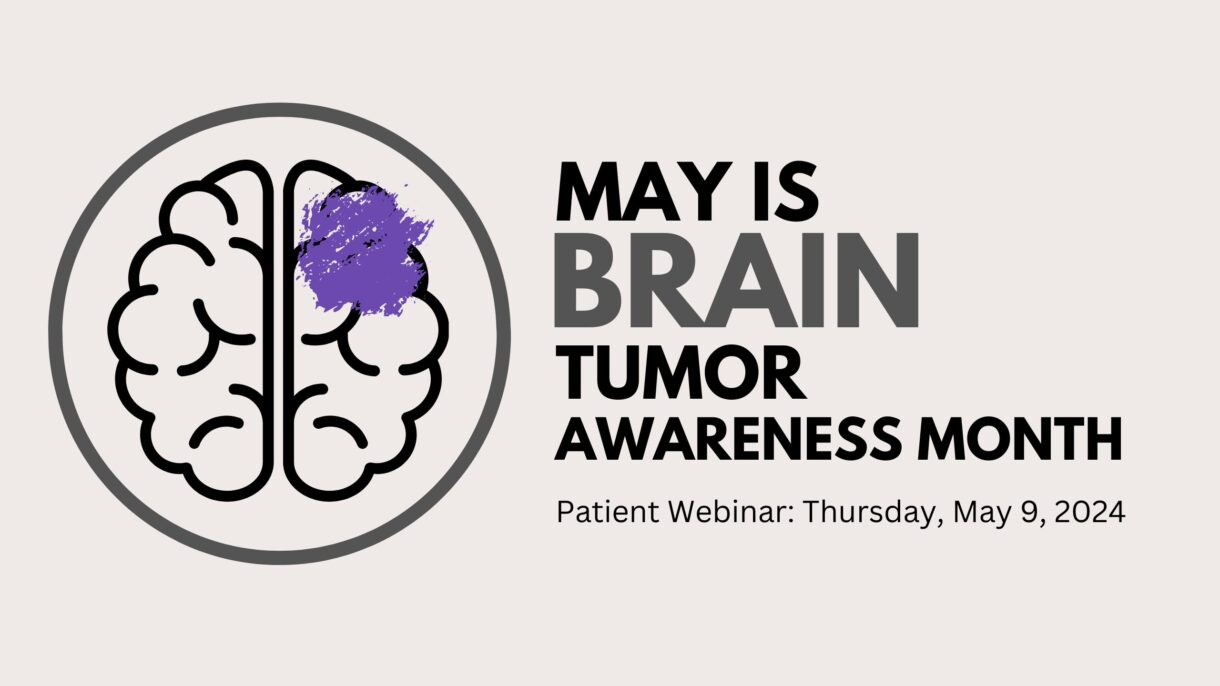May is Brain Tumor Awareness Month

Melanoma cells are one of the most common cancers that can migrate to the brain, creating a new challenge for patients after their initial round of cancer treatment. While the risk of brain metastases may be explained to new cancer patients during their treatment, it’s easy for patients and caregivers to be overwhelmed. It can be common for many patients to forget even hearing the words “brain metastases.”
An estimated 7% to 10% of patients with melanoma develop brain metastases. These tumors typically occur a few years after melanoma is found (on average, 22 to 37 months).
Are You at Risk for Brain Metastases?
Brain metastases are not unique to melanoma; other cancers like lung, breast, kidney and colon cancer can also spread to the brain. Metastatic brain tumors are the most common type of brain tumor in adults. Multiple brain metastases can be common.
Understanding the unique characteristics of metastatic brain tumors can help doctors create effective, individualized treatment.
Understanding your risks can help empower you to better advocate for yourself. Knowing what to ask your doctor can be difficult and hard to remember.
May is Brain Tumor Awareness Month
To help highlight the importance of brain metastases, the American Brain Tumor Association, AIM at Melanoma and the Melanoma Research Foundation (MRF) are partnering to raise awareness about the risks and impact of brain metastases.
On Thursday, May 9, the ABTA will host a free webinar for patients, caregivers, and survivors entitled “How Metastatic Brain Tumors Affect Your Melanoma Care.” This webinar, in partnership with AIM and the MRF, will provide a deeper dive into the brain metastases experience for melanoma, exploring risks, progression, signs & symptoms, treatment options, and management. This webinar will also include a live Q&A with the speakers.
In addition to the webinar, the ABTA always offers free, educational brochures, support services, and tools to educate and empower those affected by a metastatic brain tumor.
To speak with a dedicated ABTA team member, you can call the ABTA CareLine toll-free at 800-886-2282 during weekday business hours, or email us.
Recent Posts

Behavioral Addiction Responsible for Excessive Indoor Tanning

Announcing AIM at Melanoma’s Official Sunscreen Partner, WearSPF

Red Hair Genetics: 5 Things You May Not Know

Surviving & Thriving: From Melanoma Survivor to Sun Safety Advocate



